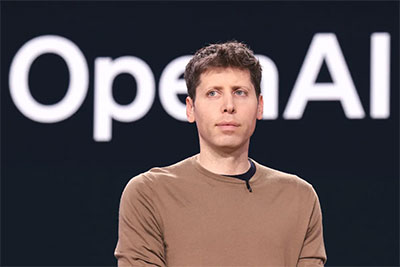OpenAI recently revealed plans to launch highly specialised AI “agents”, priced between $2,000 and $20,000 monthly. The pricing tiers target distinct use cases: from knowledge workers at the lower end ($2,000 monthly) to sophisticated, research-grade AI assistants aimed at PhD-level researchers, priced at $20,000 monthly. theinformation.com
Why does this matter beyond OpenAI’s bottom line?
Firstly, this move is significant because it sets a firm benchmark across the AI industry. When a leader like OpenAI – widely known for developing ChatGPT – introduces high-priced tiers for specialised AI solutions, it signals to the entire industry what tailored AI services should cost.
In practical terms, this isn’t merely a bid by OpenAI to reduce losses; it’s a deliberate market move to establish price anchors that competitors and customers will reference. AI providers everywhere will now find it easier to justify unified pricing models, creating a more sustainable and profitable industry overall.

Moreover, companies who previously hesitated to invest significantly in AI will now perceive higher-tier AI products as justified and normalised. It shifts the perception from “expensive” to “expected.” This change is beneficial not just for OpenAI, but for any serious provider committed to offering robust, compliant and genuinely valuable AI services.

For European businesses especially, where GDPR and regulatory compliance are paramount, this development underscores the inherent value in specialised, fully compliant AI solutions. Compliance isn’t a luxury – it’s essential, and the new industry pricing helps reinforce the cost associated with providing safe, reliable and regulation-aligned AI solutions.
In short, OpenAI’s strategic pricing decision does more than just improve their balance sheet; it reshapes market expectations, helping businesses more easily recognise and invest in quality AI solutions.
North Atlantic
Victor A. Lausas




